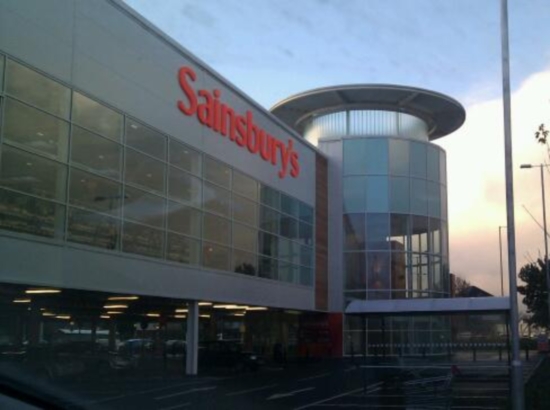Supermarkets have been a key aspect of British life for many years, winning over consumers who previously visited a number of smaller high street stores in their weekly grocery shop. However, thanks to the growth of internet shopping in recent years, it seems the pendulum has swung back in favour of smaller store formats, with consumers ordering the bulk of the weekly shop online and using local stores to pick up daily essentials such as bread and milk.

In response to this change in consumer behaviour, the UK’s dominant supermarket chains have increasingly slowed the spread of the large-format hypermarket properties in favour of high street-based convenience stores. In fact, chief executive of Sainsbury’s, Justin King, has this week announced that smaller stores will overtake the number of supermarkets operated by the chain for the first time by the end of this year.
At present, the UK’s second-largest supermarket group owns and operates 591 supermarkets across the country, with convenience stores tailing at 541. However, at Sainsbury’s annual meeting, Mr King confirmed that more focus will be placed on the expansion of the Sainsbury’s Local network over the next six months, putting the smaller store firmly ahead in terms of numbers.
This trend is by no means a turnaround in tactics for the brand, as in the last financial year a total of 87 Sainsbury’s Locals opened compared with only 14 large supermarkets. Its convenience store network is currently growing, on average, at a rate of 2 stores per week as it attempts to snatch space from under the feet of key rival Tesco.
This battle for prime high street locations has led Mr King to declare that the “space race” within the supermarket industry is by no means over, contradicting the view of Tesco chief executive Philip Clarke. However, large-out-of-town plots are no longer the focus of this battle, meaning the space race has changed in nature.
Mr King said; “It may be that one or two of our competitors have chosen to leave that race.
“But that’s not quite the same as saying the space race is over, because for Sainsbury’s there’s still much opportunity to grow our business into the future.”
Yet while the main focus of the business may no longer centre around the hypermarket, Sainsbury’s is by no means hanging its existing larger stores out to dry. Mr King also revealed plans for a renovation programme which includes the extension of many of its stores in a bid to entice consumers with a larger range of non-food offerings.
With supermarkets now battling for smaller spaces, it appears that out of town retail parks may now be the ones facing an uncertain future. Yet with online ordering remaining the key factor in supermarket growth, and collection points only found at large stores at present, it seems that the consumer romance with hypermarkets is not over yet.
Do you prefer to do a weekly grocery shop in a hypermarket or pick up essentials daily from a convenience store?
Previous Post
Center Parcs Launches Big Recruitment Drive